The organised private sector has agreed to the Federal Government’s proposal for a new minimum wage of N60,000. This announcement was made by the Director General of the Manufacturing Association of Nigeria (MAN), Segun Ajayi-Kadri, during an interview with Channels Television on Saturday, June 1.
Ajayi-Kadri noted that current negotiations between the government, private sector, and organised labour are centered on establishing a minimum wage, not a living wage. He highlighted the significant economic challenges faced by both labour and businesses, which complicate meeting the wage demands of labour unions.
“These are challenging times for minimum wage negotiations,” Ajayi-Kadri stated, emphasizing the difficult macroeconomic conditions both domestically and globally. He pointed out that the tripartite group—comprising the government, labour, and organised private sector—recognizes the complexities of the current economic environment.
The Director General explained that the proposed N60,000 is a minimum wage, often referred to as a “walk-in wage,” intended for the lowest-paid workers in the country. This amount is distinct from the N419,000 living wage requested by some labour unions, which he described as unfeasible given the economic constraints.
Ajayi-Kadri stressed that this is not the ideal time for labour to push for a new minimum wage. Instead, he urged collaboration among stakeholders to strengthen the economy. “We must acknowledge the government’s limited capacity to pay and the private sector’s struggles with microeconomic, infrastructure, and security challenges,” he said.
He also acknowledged the pressure on labour from its constituencies to demand higher wages due to soaring inflation and a tough operating environment. Despite this, he argued that the focus should be on economic growth rather than immediate wage increases.
Ajayi-Kadri appealed to organised labour to reconsider its decision to embark on a nationwide strike, warning that such actions could harm the economy. He lamented labour’s rejection of the N60,000 offer and their subsequent decision to strike, urging continued dialogue instead.
“We cannot afford to cripple the economy; we need to build it,” he remarked. Ajayi-Kadri echoed President Tinubu’s sentiment that the current times require belt-tightening and prudent economic management. He called on the government to demonstrate leadership and sensitivity in its expenditures and decisions.
He concluded by stressing the importance of engagement and negotiation, stating, “Walking out and declaring a strike will not solve this issue.”


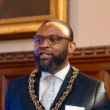


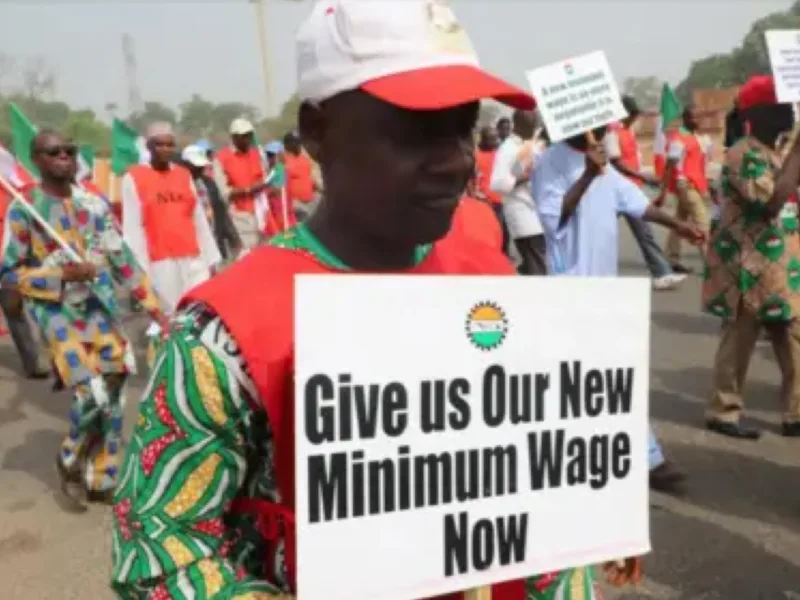
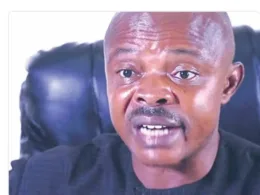

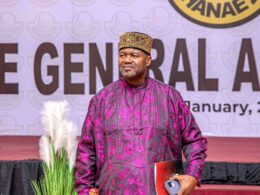
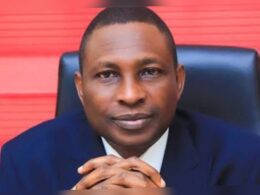
Join our Channel...